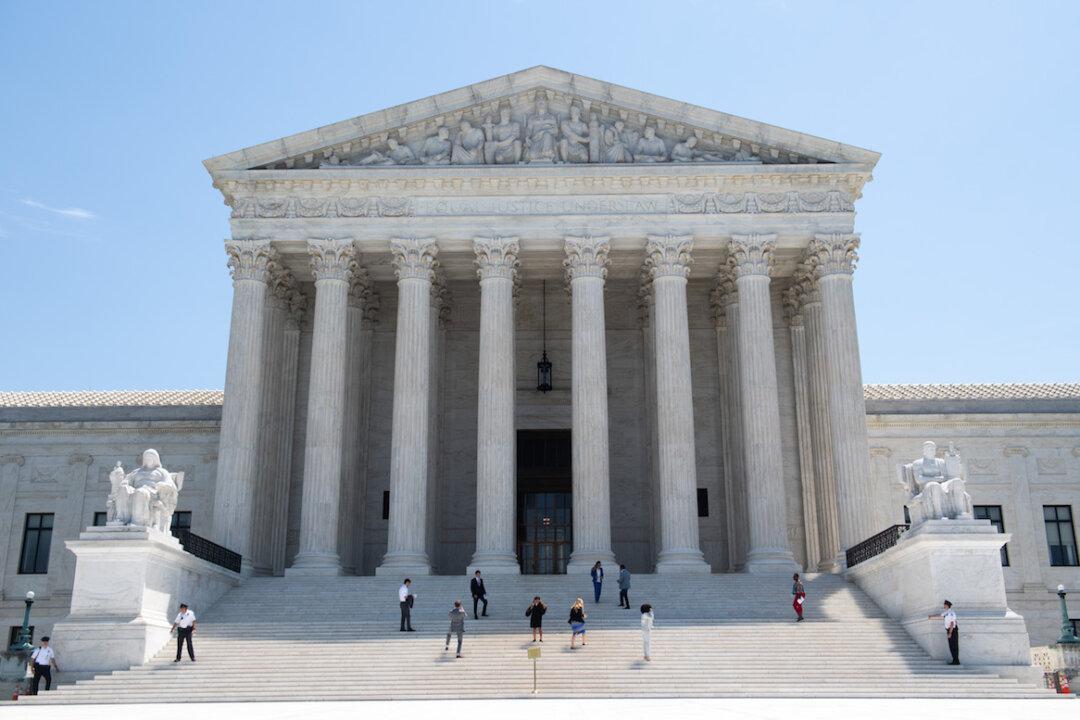The Trump administration has asked the Supreme Court to sustain the convictions of two former members of then-New Jersey Gov. Chris Christie’s inner circle. Attorneys for the two claim they were engaged in routine “bare-knuckle” political behavior when they participated in the “Bridgegate” scandal.
Oral arguments before the Supreme Court in the case, cited as Kelly v. U.S., are scheduled for Jan. 14, 2020. The court agreed on June 28 to hear the case on appeal from the 3rd Circuit Court of Appeals.





